BOPO 101: Answers To Everything You Don’t Really “Get” About Body Positivity
Before I say what I really want to say, I need to acknowledge that I do not have all the answers when it comes to BOPO (aka Body Positivity). Especially when it comes to issues involving social justice. In fact, I’d argue that I’m probably not the best person to be explaining any of this. However, you’re here. This is important.
And the unfortunate truth is, many of you are probably more open to listening to me because of the way that I look.
Plus I usually try to put a positive spin on the messages that I present. I know that makes my content a little more palatable, especially if you’re new to this work. So we need to talk. Because I know that there’s a lot of stuff I write about that many people don’t necessarily “get”. There are also important things that I don’t address as often as I should because I fear it might fly over people’s heads or cause pushback. But I know you are smart and openminded.
I also know that you really want to have a better relationship with exercise, food and your own body, and I refuse to just give you a band-aid fix.
So in order to do that we’re gonna have some difficult conversations today. Dig into the real roots of why you might be struggling with your body image in the first place. Are you ready? Here are some answers to the most common questions I get. This will hopefully take your understanding of “body positivity” to the next level. Treat this like a buffet. Skip around. Sample what you want. Save some for later. Share a bite with a friend.
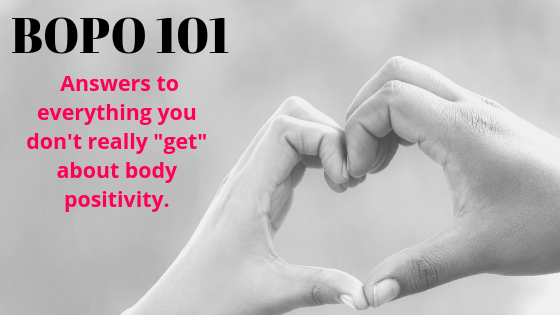
Q: What exactly is body positivity?
A: If you haven’t already read my post about why I’m reconsidering my use of the words “body positive” definitely check it out for a more detailed answer. But long story short, body positivity is a social justice movement. It was originally intended as a space for people in marginalized (i.e. fat) bodies to find sanctuary from stigma and oppression.
On the surface it may appear to be about “loving your body” and eating donuts, but it goes a lot deeper than that. And as much as learning about it has helped me, I’ve also learned that it was not originally intended as a space for thin women to work on their body image issues. There’s nothing wrong with working on your body image, recovering from an eating disorder, or posting a pic of yourself in a bikini–it’s just a separate and different thing.
Q: Why do you sometimes call people “fat”? Why do you choose that word instead of “overweight” or “obese”?
A.There are a growing number of people who are reclaiming the word “fat” as a neutral descriptor, in the same way that they might use the word “tall” or “brunette”. Many people prefer “fat” over words like “overweight” or “obese”. These words carry stigma. The root of the word “obese” literally means “having eaten until fat”, which is not necessarily true in many cases. And over what weight? Don’t even get me started on the problems with BMI. . .
I’m gonna hand off the mic here. As someone who is not fat, it’s not really my place to decide how others refer to their bodies. If you want to learn more, I recommend this article written by someone who has lived it. My best advice is to listen to the words people use to describe their own bodies and respect that. In many cases, referring to someone’s body size isn’t even necessary.
Q: What’s the deal with “thin privilge?”
A: Using the “P” word almost always guarantees me a defensive DM or comment. This is my standard response: Privilege doesn’t mean your life’s been easy or that you love your body all the time. It doesn’t mean that you haven’t struggled with an eating disorder, or body dysmorphia, or other hard things. Thin privilege doesn’t disregard that you feel shitty when somebody tells you you’re too skinny and to eat a sandwich. It doesn’t mean that you don’t work hard at the gym or in other areas of your life.
What it does mean? You can fit into small spaces–like airplane seats and crowded restaurants with tiny chairs. You can find clothes that fit you at most stores and the see people in their ads that have bodies that look similar to yours. When you go to the doctor you’re given treatment for your actual ailment instead of a blanket prescription for weight loss. You can eat an ice cream cone in public without getting dirty looks or having people lecture you about “being concerned for your health”. You might have 99 problems, but none of them are a direct result of your weight or size.
Q. What is weight stigma?
A: Weight stigma is the very real discrimination that people in larger bodies face every single day. It’s the stereotype that fat people are also also lazy. It shows up everywhere including how people are treated at the doctor, when they apply for a job, or how welcome they feel when they walk into a gym. A person’s whole health can also be affected by stigma, shame, and isolation. It’s about more than just what you eat and whether or not you work out.
This is one of the many reason’s I’m so passionate about making my work as a fitpro more inclusive and welcoming to people of all shapes and sizes. Because in my opinion, you can’t work in the fitness & wellness industry, claim to be passionate about helping people live healthier lives, and then act in a way that makes people feel shamed and unwelcome in the space you hold.
Q: What does the term fatphobia mean?
A: You guessed it. Fatphobia. The fear & dislike of fat/fat people. This term is similar/related to the idea of weight stigma. It can occur on a many different levels: institutional (they way that it affects society as a whole), interpersonal (the way we interact with other people), and intrapersonal (how we see ourselves). I learned that from a great article by Virgie Tovar, so if you want to take a deeper dive check it out here.
If you’re a relatively thin person wondering how this applies to you, here’s the deal: If you come to my blog for body image advice, being able to understand your own internalized fatphobia can be a a big part of healing your own relationship with your body. Fatphobia is one of the reasons many of us spend our lives counting calories, macros, and almonds. It’s the reason many of us developed eating disorders. I think everyone carries a little fatphobia, at least on some level. And it hurts us all.
Q: You’re a fitness professional. Why do you follow fat activists on social media?
A: For so many reasons. But to name a few: It helps me gain a new perspective by seeing things through the eyes of someone who has had a different life experience than mine. It helps me learn to be a better coach to my clients in larger bodies. By following people who look different than what we see in mainstream media, it helps me learn to see more diverse beauty in the world. It helps me dismantle the stereotypes I carry. It helps me learn.
Important thing to note: do not expect people in marginalized bodies to educate you for free in their DM’s or comments sections. Pay them for their products and services. If you happen to be a thin person, especially in the fitness industry, people are more likely to listen to you. So if you like their work, share it.
Q: This is a fitness blog. Why do you sometimes get political and talk about things like race and gender?
A: For the same reasons as I stated above. I can’t be fully invested in the work I do in the fitness industry without addressing the ways that things like race, gender, ability, and socioeconomic status affect a person’s access to health & fitness. Another important consideration that circles back to some of my earlier Q’s: I know that many of my friends consider themselves to be very “woke” in terms of social justice issues. Weight discrimination is one of the last socially acceptable forms of discrimination out there. It’s time to start seeing it for what it is.
Q: Ok cool! I like the sound of this. What other accounts should I follow?
A: Great question, and I feel like I could very easily go down a rabbit hole with this one. So for now, I’m going to stick with Instagram, because that’s my favorite social media platform. Please take my recommendations with a grain of salt. I don’t have control over what others choose to post on their social media moving forward. Some of these accounts inspire you. Some will probably challenge your world view, and at times make you uncomfortable. That’s ok. It’s how you grow.
Please remember to be kind, especially if you don’t necessarily agree. Listen. Learn. Think before you comment. Remember that not every message was written with you in mind, but it might be what somebody else needed to hear. I tried to include a variety here, so hopefully you’ll find at least a few that speak to you.
Here are some great accounts to start with:
@bpfaofficial @thethicknutritionist @kristamurias @carolynviggh @iamchrissyking @krysannboggs @ijeomaoluo @crazycurvy_yoga @lindatuckercoaching @lindatuckercoaching @superfithero @lizzobeeating @nalgonapositivitypride @vinccird @corinnedobbas @jayceeisalive @christina_montalvo @virgietovar @amberkarnesofficial @300poundsandrunning @summerinnanen @drjoshuawolrich @jessihaggertyrd @heytiffanyroe @whitneywaythore @codyfeder @iamivyfelicia @erikcavanaugh @____halle__ @felicityhayward @diannebondyyoga @with_this_body @glitterandlazers @sonyareneetaylor @dietitiananna @mollybcounseling @rozthediva @amandalcount @chr1styharrison @imdrtee @jennifer_rollin @thebodyisnotanapology @fatgirlshiking @thebodypositive @tallyrye @iamdaniadriana @deadliftsandredlips @streetsmart.rd @abearnamedtroy @jameelajamilofficial @susanna@barkataki @roblympian @effyourbeautystandards @cozibae @amee_rd @alienathlete @trustyourbodyproject @bravespacenutrition @thefoodandbodycoach @bingeeaterconfessions @tayneetinsley @sogayjen @curvykilicrew @unlikelyhikers @irismcalpin @the.intuitive.trainer @theamandaholland @iamrachelricketts @xl_yoga @madeonagenerousplan @catriceology @marcird @athleteally @laylafsaad @theblackswandiaries @foundspaceyoga @fatgirlsdancemovement @evelyntribole @feministfightclub @yrfatfriend @thefitfatcoach @mybodywpg @tessholliday @fierce.fatty @bopoemojis @tylerfeder @counselingforallseasons @thecrankytherapist @aidybryant @theintuitive_rd @representationmatters.me @mindful.drpaula @rachel.cargle @thephitcoach @i_weigh @practicewithdana @shohrehdavoodi @antidietriotclub @bloomfittraining @bodyimage_therapist @ceceolisa @decolonizing_fitness @benourishedpdx @kimberlyweiss @themindfuldietitian @meeactivembl @biggirlbarbell @micheleburmaster @fatkiddanceparty @gofeedyourself @bodypositivebootcamp @kristinabruce_coach @thefuckitdiet @shockyardfitness @barbellblondie @lizzie.dances @dont_eat_the_weights @makedaisychains @colleenmwerner @officialjenzi @biggalyoga @schoolofstrut @thegirlsgonestrong @beauty_redefined @ragenchastain @mynameisjessamyn @themilitantbaker
Wanna even more beyond just Instagram? Jes Baker has a great list of resources too!
Q: I’m all for body positivity but . . .
A: If I had a dollar for every time someone started a sentence like this I’d have a lot of dollars. Often times, it’s followed by something like “. . .but what about their health??” Here’s the (unpopular) deal: health is not a moral obligation. Other people’s health (especially random people on the internet) is nobody’s business but their own. If you want to pursue health or fitness goals, cool! That’s what I’m here for. AND you can pursue health without trying to micromanage your weight. Nobody deserves to be treated like crap or disrespected because of their health status or body size. End of story.
Q: Can I want to lose weight and still be “body positive”?
A: This is tricky. I think it’s normal to want to lose weight. It’s hard not to want that, especially you’re dealing with things like weight stigma and fatphobia on a daily basis. AND, I don’t think that the land of body positivity is the place for intentional weight loss. As I mentioned above, body positivity is a social justice movement, and body positive spaces are meant to be a safe space for people in marginalized bodies. Yes, you’re allowed to “love yourself” whatever size you are. Your “weight loss journey” is your business and you’re allowed to do whatever you want with your own body. But things like before/after photos do not belong with #bodypositive. It’s like bringing margaritas to an AA meeting. Not cool.
Q. What is Health At Every Size all about?
A: Also known as HAES. Often misnamed “healthy at every size”. Highly misunderstood. Contrary to popular belief, it does not automatically mean that everyone is healthy regardless of their size. To take a quote directory from the HAES website “It supports people of all sizes in addressing health directly by adopting healthy behaviors. It is an inclusive movement, recognizing that our social characteristics, such as our size, race, national origin, sexuality, gender, disability status, and other attributes, are assets, and acknowledges and challenges the structural and systemic forces that impinge on living well.”
If you’re interested in learning more, I highly recommend reading the book Health At Every Size by Linda Bacon PHD before you form an opinion. It was a big game changer in the way that I approach health for myself and my clients. It might just change your life too!
Q: What’s the deal with Intuitive Eating?
A: This is another concept that is often misunderstood. It is not “the hunger and fullness diet”. It is not “just eat whatever you want aka only pizza and ice cream”. This is another case where the authors say it best: “Intuitive Eating is a personal process of honoring health by listening and responding to the direct messages of the body in order to meet your physical and psychological needs.”
The book Intuitive Eating is another great one to check out. Especially if you’re looking to give up dieting, learn to trust yourself around food, or just form an educated opinion about it. If you’re looking for support navigating this for yourself, there are also a growing number of Certified Intuitive Eating Counselors who can help you find your way.
Q: What exactly is “diet culture”?
A: Diet culture is about more than just being on a diet. It’s the system of beliefs that we have as a society that leads us to believe things like: Being thinner is automatically always morally superior & healthier. That weight loss is the highest achievement and we should always be striving for it. Certain ways of eating are better than others and are somehow tied to our worth as humans. We need to micromanage and obsess over our food choices to be healthy. That healthy people only look a certain way. (Just google “healthy person” and notice who is missing.) And none of this is inherently true–it’s just what we’ve been socialized to believe.
Have you ever felt like crap after attending a group fitness class or scrolling through wellness accounts on social media? I’m willing to bet diet culture is to blame. It’s transformation photos. The comments we make about each others’ bodies. The way we smugly talk about our cauliflower crust pizza or green smoothie. I’m guilty here too. And it’s all diet culture.
Q. What do you mean when you say “Fat is not a feeling”?
A: This one took me a long time to understand. Because for the longest time I would walk around talking about how I felt “fat” or say I was having a “fat day”. But when I dug a little deeper, I realized that I actually felt: Tired. Full. Unproductive. Sluggish. Uncomfortable in my clothes. Like I hadn’t worked out in awhile. And those things are negative stereotypes that we associate with being fat.
It can be a problematic thing to say when you’re a thin/medium sized person. Not to mention that it can be hurtful to say in front of somebody who actually is fat. So next time you’re feeling “fat” check on your actual feelings.
I hope that this answered some of your burning questions.
If you’re feeling a little unsettled or uncomfortable right now, that’s a good thing. As I said before, a big part of improving your relationship with food, exercise, and your body has to do with learning about the things that caused you to feel bad in the first place. You are still learning and so am I. And I think it’s important that we all stay openminded in that process. Is there something you still need clarification on? Know something that I don’t? Let’s keep this conversation & learning process going. Like this article but already knew most of this stuff? Share with your friends and family so we can all do better!
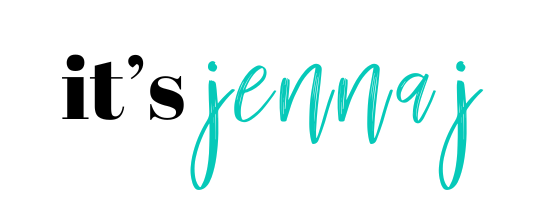
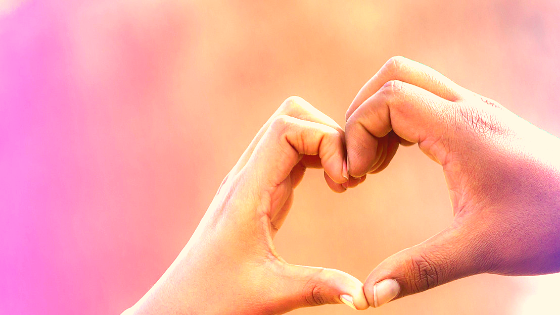
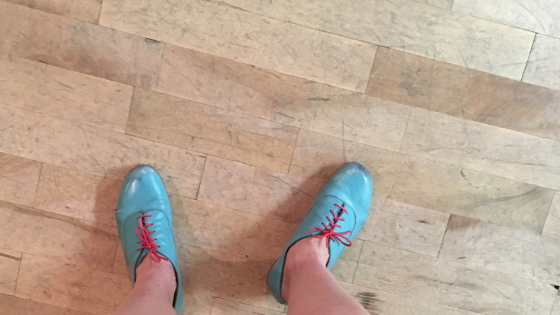
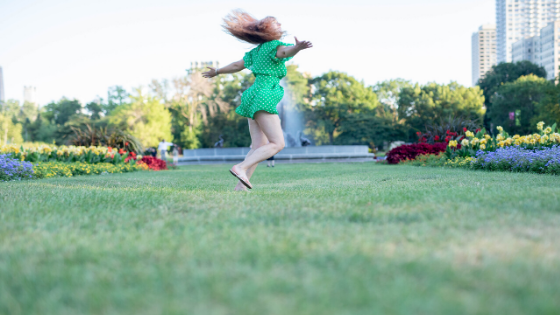
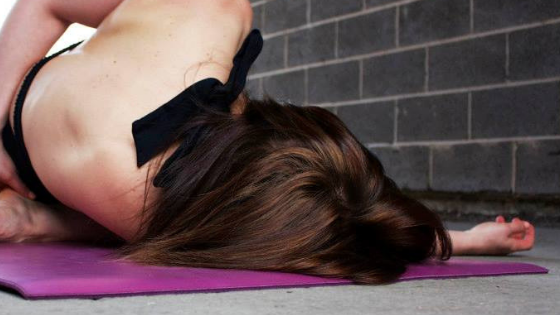
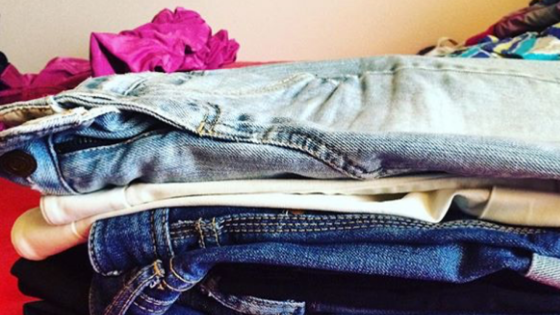
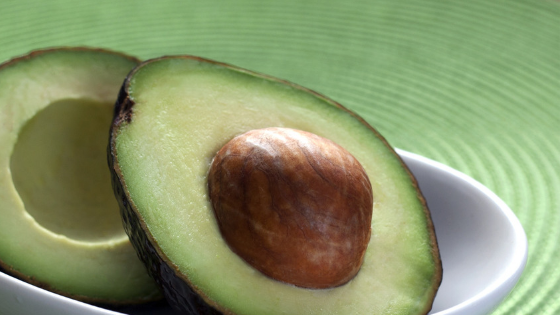
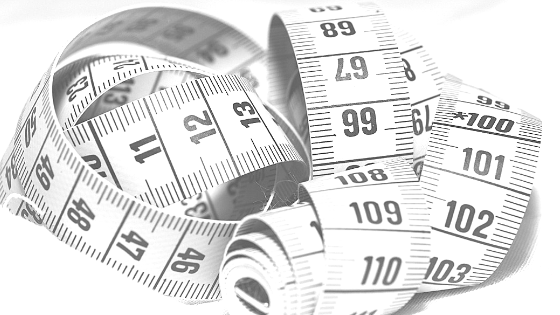
4 Comments
Comments are closed.